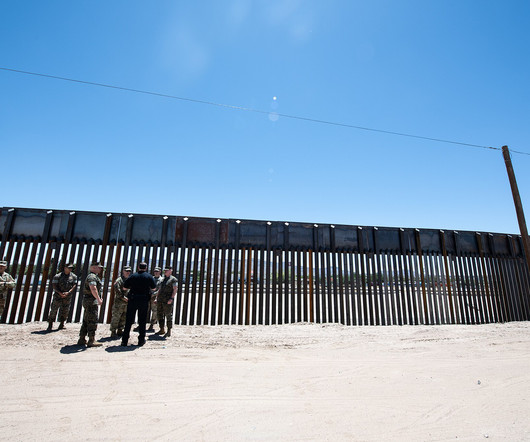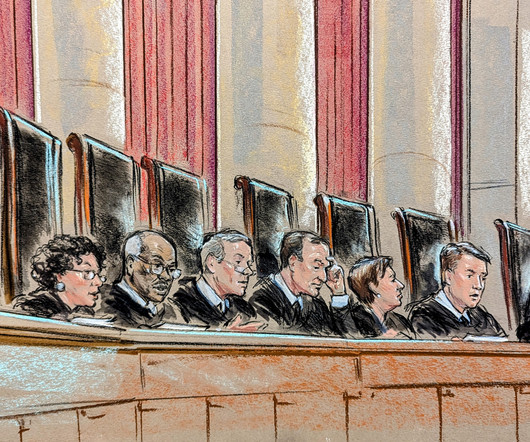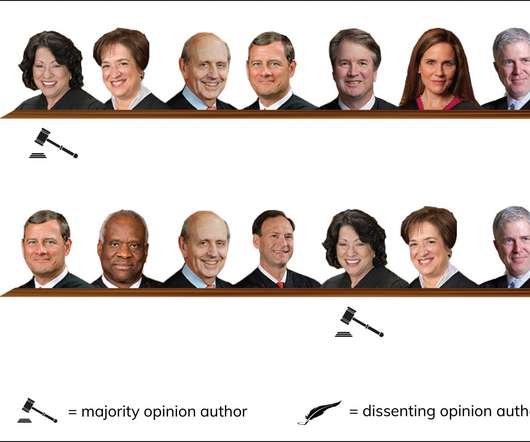US Supreme Court rules states lack constitutional standing in key immigration case
JURIST
JUNE 24, 2023
The US Supreme Court ruled Friday in US v. The crux of the case rests on Article III of the US Constitution, which governs the Court’s judicial purview. .” The US District Court Southern District of Texas ruled in favor of the states, enjoining Homeland Security from enforcing the memorandum.






















Let's personalize your content